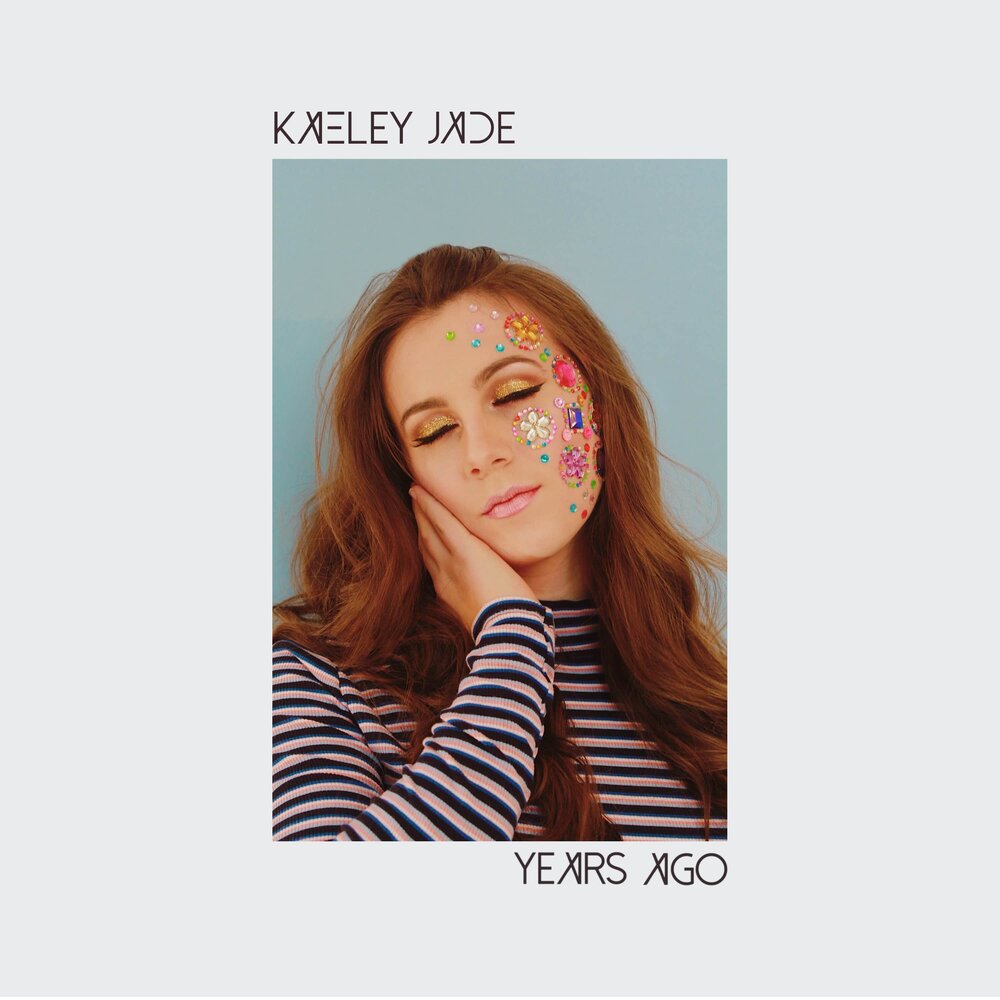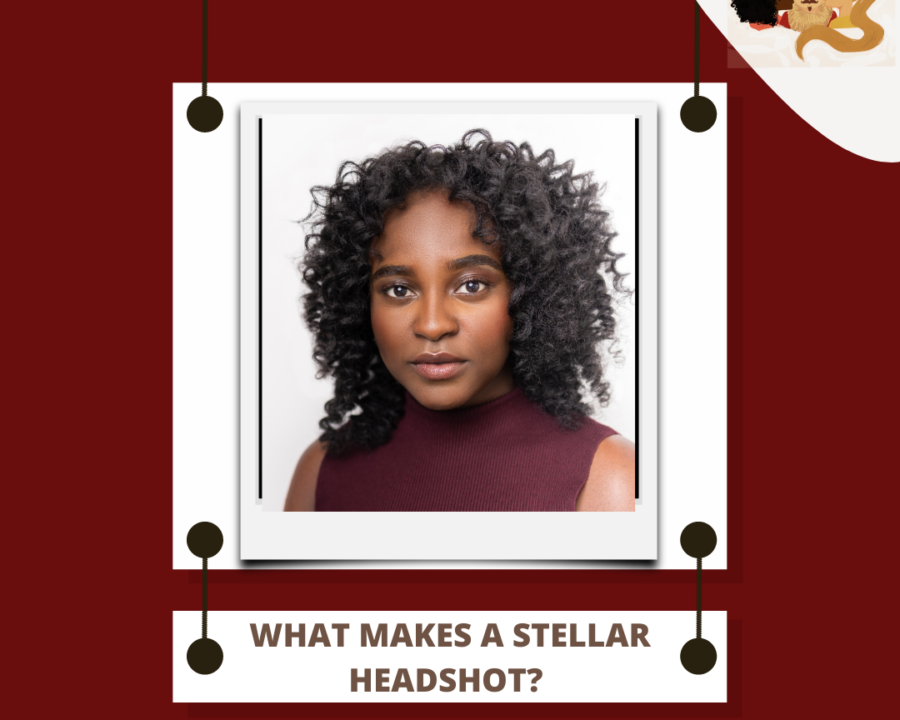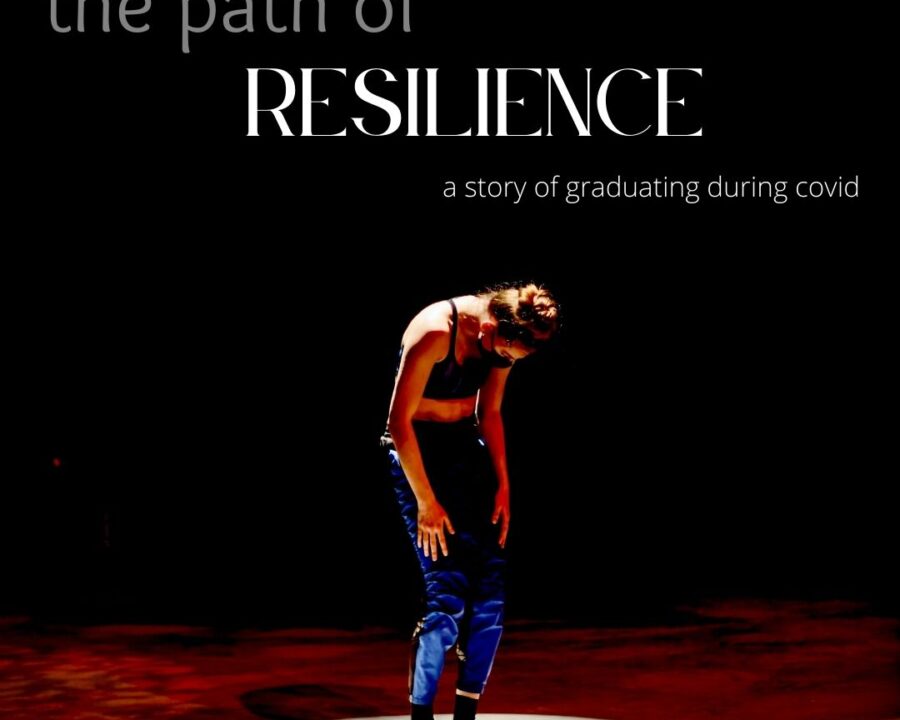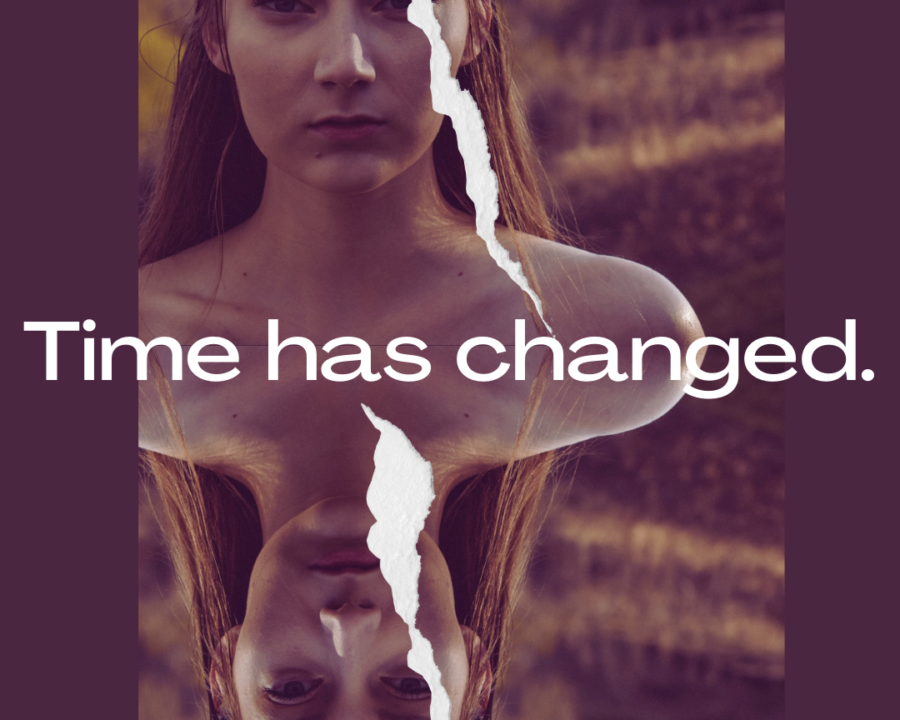
EMERGING ARTISTS
June 1, 2020
TUESDAY’S TEA
June 9, 2020Ivan Touko moved to Canada in 2012 and is currently studying a Bilingual Degree in Environmental Sciences and Conservation at the University of Alberta. Since arriving in Canada in 2013, he has experienced so much both within and outside of his culture. Ivan is also a dance instructor and has been teaching Afrobeats through the University of Alberta Campus & Recreation program for two years now. Last but not least Ivan is very passionate about Social Sustainability and issues revolving around Environmental Racism and/or Toxic Waste Colonialism. He is a dancer, entreperneur, student and most importantly a community leader.

Hi, I’m Ivan Touko. And This is My Story.
Tell us about your journey with Afro-fusion dancing?
You know it’s exciting. I think I could be a lot further when it comes to dancing, but at the same time, then again, what I do with dance and what I study are so different than my other passion. For me, I think I have been fortunate because I believe I have gone through that point where I’m not scared of people telling me no. Teaching dance at the University of Alberta or me getting contracts is because I reached out to people, and I saw that there was a need that has not been filled.
I was very shy, so dancing in front of people and performing, in general, gave me an outlet. I had the opportunity to perform at heritage festivals, having like 10k people coming through, and it was a fresh experience but also scary. Afro-fusion dancing really helped me grow. I wanted to be someone to push Afro-dance culture forward. Ideally, I hope that in a year or two or five years from now, I am not the only one that is doing this. I am trying to mix the dichotomy of pushing it forward by being the enabler and also finding time to do my work with La Connexional. I want to be at the forefront of creating platforms and maintaining the ones I have started, so I am currently juggling between both.
How did you go about teaching the diverse style of Afro-dance and make it accessible to non-Africans?
The big struggle with Afro-fusion dancing right now is the term Afro-dance because it is also a stretch to the actual meaning because it does not really mean anything. The term Afro-dance has been used by the African community to make it more commercialized and market it better to attract people to first come to the classes. So when you come to the classes, you realize that with Afro-dance there are many specific styles from various African countries and their ethnic groups. A few popular dances are like Zanku (Nigerian), Odi (Kenyan), Vosho (South African), shaku shaku (Nigerian) and many more. Literally from all over the west side, central, east, and the south multitude of diverse styles and elements of African dancing. For me, marketing has been easy because there’s so much that I can learn from doing it and draw from these places.
So what’s the difficulty level of your dance classes for those of us who have two left feet?
I have made my dance classes open level since I started. I had one or two advanced classes.The benefits of an open level are that anyone can take the class from all levels of experience and have fun during the course. I try to make the class interactive and have my students mingle with one another. In Edmonton marketing has been exciting because we have lots of black and brown folks. Still, they don’t want to attend them because I believe they take their culture for granted, which was me for the longest time. The demographic is usually somewhat mixed or specific in some classes I have non-Africans solely. Then sometimes, I only have Africans attend. My main base has been with the African-Caribbean and Latin people; that is who La Connexional my company caters to. The years teaching at the University of Alberta doing events and merging in the francophone community has allowed me to pull all these different cultures and people. Fast forward now when you come to my classes, you see a multitude of diverse people to Africans, to Canadians, Albertans, and Latinos. That’s the beauty of it all!

Path of An Entrepreneur.
What is Laconnexional, and how did that come about?
The main thing with Laconnexional was to make sure that we were creating new spaces and platforms for Afro-Caribbean and Latin people. One thing I want to make sure that I am pushing into La Connexional is that I want to make sure there’s a space for Afro-fusion dance in Alberta. And so it’s been interesting because I am aware that I can grow a lot more when it comes to my dancing and my art. When it comes to dancing, at the same time, with all the stuff I am doing, I feel like I am finding myself too busy to grow as fast as I wish I could be growing in dance. When it comes to my journey as an artist, I started dancing when I moved to Canada because I wanted to reconnect with my culture. It’s interesting because back home, everyone dances. It’s a “thing.” Still, not many people really think about doing classes and learning all the different aspects of African dancing. So when I started dancing, I trained in west African dancing, and that was a way for me to reconnect. I made many connections through that and built great relationships from it because when I arrived, I didn’t really have any friends.
Dance is related to everything that I have done up until now. So when I started attending campus St. Jean, I was doing west African dancing, getting into Afro-fusion. I wanted to expand my horizon, so I signed up for a salsa class. The person who was teaching the salsa class was Patrick (Ivan’s co-founder of La Connexional). I have met him before, but that was my first time connecting with him in an environment like dance. Salsa and Bachata were not that difficult to learn because the rhythm, sound and vibe are so similar to African dancing that it felt like I was in my element. Fast forward to when we collaborated together and created our first event, we realized the need for a space that combined music such as Reggaeton and Afrobeats together. Then I started reaching out to other people that I knew who might be interested, and our team was formed and we started hosting Afro-Latin parties in Edmonton. At first, it was supposed to be only Afrobeats and African inspired parties. Still, I felt that there were a lot of similarities between these two cultures. I thought it would be dope to get the Africans and Latin American people in the same room together. All the vibes!
We started out with hosting parties on even days like Thursdays. Over time, we saw the opportunity to do something bigger than parties. We did not stop there; we saw the vision for the festivals, discovering a way to build new skills and creating a platform that connects our communities. We’re striving to continue supporting local black-owned businesses on 118 and trying to circulate the wealth in the community. And honestly, promote the companies with an authentic representation of their cultures and not places that poorly represent them. Restaurants with recipes that date back to great-grandmothers, and are authentic ingredients of the cultural food. I believe we need to create wealth from our own cultures. And not have it become culturally appropriated, and to prevent that by supporting the small businesses owned by these cultures so they can be sustained.

Building A Community.
How do you use your platform to build the community?
So far, the most feedback we have received has been from our festivals, and we have had people approach us personally about it and also with help from our feedback form that we send out. Our festival Winter Is Cancelled was the first time we had a large response. People were amazed and gave us criticism and told us what they learned. And not only that, we saw the hunger of people to learn more, and sign up for dance workshops, and all of the feedback has helped us grow. A great example is when we had a movie screening this year for Black History Month called “They Are We”; it was a documentary about a village of Black people in Cuba that was still practicing ancestral rituals and religions all the way from Liberia. It was fascinating how they sustained rituals from 200 years ago. That particular movie screening was surprising because most of the people that were there were white people. At the end of it, many people were mind blown by the information and were curious to learn more about Black Cuban history.There so much potential for Laconnexional in terms of educating others on historical relationships with the two cultures, community building, creating unity to have a stronger voice.
What have you done to remain relevant and engage with the youth nowadays?
Right now, our team is developing a system to get continuous feedback from our participants, something that we have not been consistent with past events. Education is one of the hardest things to implement in our events because when people come to parties, they are not coming to be educated. Even thinking beyond that, not many young people raised in North America and in our generation care about learning their culture in depth. The parties were the way for us to pull in younger people. We’re not going to stop the parties because that is how we can engage with the younger audiences but I want push the culture forward. Interestingly enough, the people that won’t necessarily come to events like “They Are We” that movie screening and was the least attended event in our festival this year, again because it wasn’t a party, or there was no music. We hope in 5-10 years, the educational and community-building events are going to be as well attended as the parties.

Art Is A Business.
What advice can you give to young entrepreneurs/artists?
Find a passion, something you care about. For me, it’s culture and building community spaces. A passion for the next generation to understand how valuable culture is and your origin. What I would advise to young people is to find something outside of your studies, a hobby or a second passion of your own that makes you grow and build a community around that and turn it into something tangible.
Be consistent & repeat. When you are consistent it will give you room to grow and continue to learn. My level of comfort with public speaking was small, and I had to keep trying and practicing over and again. As I continued to teach again and back, I became a lot more confident in my skills as a dancer and instructor. In fact, my first class with my friends, we had a dance group, and I was lucky because I did not have to teach alone. In fact, I was in the back, not wanting to speak because I did not want to talk in English (very stressful). So the first classes I taught 15 seconds of a choreography, and the rest were shown by other dancers like Lebene. We taught 5-6 classes together until I dared to teach on my own even then I was still pretty nervous.
Consistency brings opportunity or at least open doors to new opportunities. Let say you teach every two weeks, or once a week, the chance of someone stumbling on your content is greater. If you are doing something once in a while, decrease that chance.Consistency also keeps you accountable; as a dancer teaches with an expected class on the way, I have to prepare for it. If not, I will shit the bed, and it’s the expectation and consistency that keeps me accountable to continue having lessons. It was interesting with La Connexional. We would have an event every month. People would comment saying we’re doing too many events, and even for us, we realized that our events were not as well attended because we were doing something every month. However, when factoring consistency, we were able to learn more things from having an event planning often than a two per year. We did not just desire to have sold out events and prioritized the quality and desired experience we want people to have instead. If you focus on earning revenue and attendance and not focus on quality and making sure 30 out 200 who come are having a great time, then you missed the point. Those thirty people will share their experience with their friends, and next time, it’s going to be sixty.
How to Fight Impostor Syndrome as Artists?
It’s a big thing when it comes to dancing. When I see how much better other international artists are doing when it comes to Afro-fusion, I end up feeling undeserving of receiving all this attention. I am one of the very few who are teaching this style of dancing, so I understand why I have the privilege to receive said attention. But I am here, and I worked to get where I am now, and I didn’t just get lucky. It’s been years of learning and doing it, and no one caring about what I am doing, and it takes understanding that you are doing it for myself and for your vision
Thank you Ivan for sharing with us and I wished we were a podcast so that people could hear the drive and passion for what you do in your voice!
Follow Ivan Touko’s social medias to be informed on his next upcoming dance classes, and for more information on his business La Connexional click the link below.
Hey friends! Let us know what you thought about the article, also feel free to reach out to us if you have a story you wish to tell! Your thoughts are always welcome.




